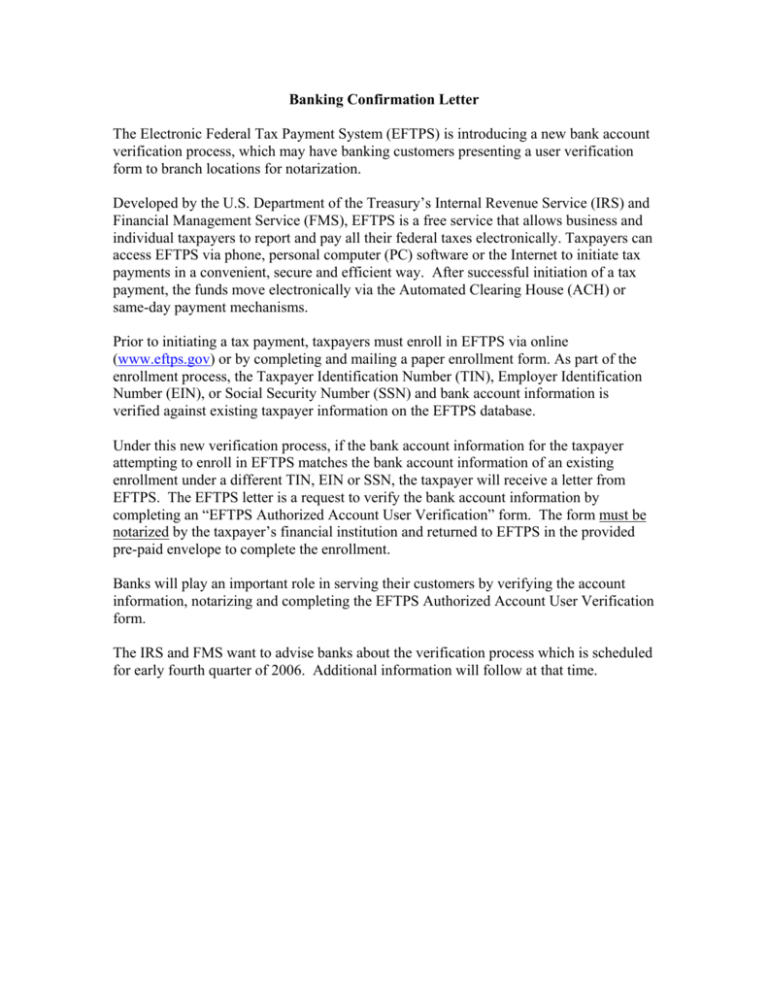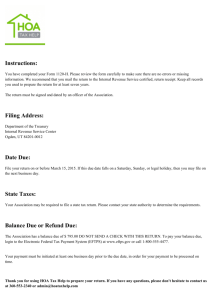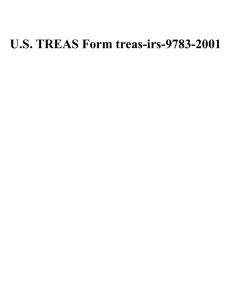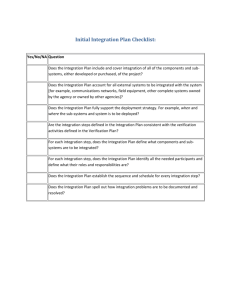Banking Confirmation Letter The Electronic Federal Tax Payment
advertisement

Banking Confirmation Letter The Electronic Federal Tax Payment System (EFTPS) is introducing a new bank account verification process, which may have banking customers presenting a user verification form to branch locations for notarization. Developed by the U.S. Department of the Treasury’s Internal Revenue Service (IRS) and Financial Management Service (FMS), EFTPS is a free service that allows business and individual taxpayers to report and pay all their federal taxes electronically. Taxpayers can access EFTPS via phone, personal computer (PC) software or the Internet to initiate tax payments in a convenient, secure and efficient way. After successful initiation of a tax payment, the funds move electronically via the Automated Clearing House (ACH) or same-day payment mechanisms. Prior to initiating a tax payment, taxpayers must enroll in EFTPS via online (www.eftps.gov) or by completing and mailing a paper enrollment form. As part of the enrollment process, the Taxpayer Identification Number (TIN), Employer Identification Number (EIN), or Social Security Number (SSN) and bank account information is verified against existing taxpayer information on the EFTPS database. Under this new verification process, if the bank account information for the taxpayer attempting to enroll in EFTPS matches the bank account information of an existing enrollment under a different TIN, EIN or SSN, the taxpayer will receive a letter from EFTPS. The EFTPS letter is a request to verify the bank account information by completing an “EFTPS Authorized Account User Verification” form. The form must be notarized by the taxpayer’s financial institution and returned to EFTPS in the provided pre-paid envelope to complete the enrollment. Banks will play an important role in serving their customers by verifying the account information, notarizing and completing the EFTPS Authorized Account User Verification form. The IRS and FMS want to advise banks about the verification process which is scheduled for early fourth quarter of 2006. Additional information will follow at that time.



